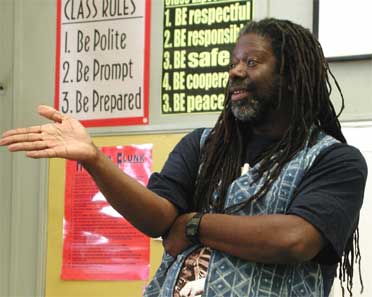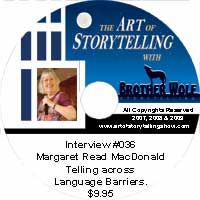Michael D. McCarty writes…
That which does not evolve dies. The ability to change, grow and adapt is essential to the survival of any species, society or ideal. Storytelling has been around since the dawn of man, which says a lot for the viability of this essential art form. Throughout human history stories have been used to inform, inspire, educate and more. Storytelling is part of our DNA.
So what is the role of literacy and storytelling in the 21st century? How is it evolving? The National Storytelling Network’s Storytelling Interest Groups (SIGs) give an indication. Storytelling has Read the rest of this entry »
Posts Tagged Language Literacy
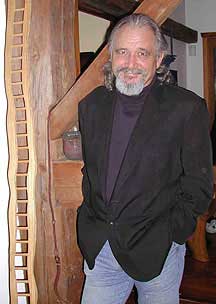 |
 Press Play to hear Jim May speaking on storytelling on the Art of Storytelling with Brother Wolf. |
Jim May Writes…
I tell stories to children because I learned many years ago that nothing in my ten years of experience as a classroom teacher held my elementary student’s attention like a story.
For some twenty-three years now, I have made my living as a professional, full time storyteller. That storytelling produces a singular, intensely vital experience in my listener’s imagination continues to be reinforced nearly every day of my professional storytelling life.
I remember a particular occasion telling stories to an auditorium full of primary-aged students (grades k-2). After the program was finished, the students filed past the front of the Read the rest of this entry »
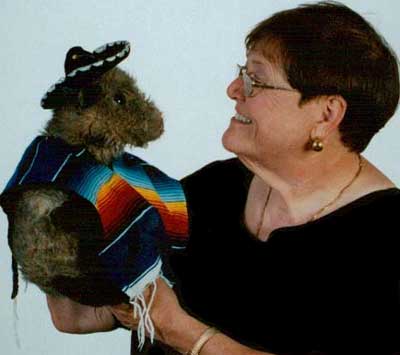
|
|
||||
Mary Jo writes…
Language is critical for literacy development and storytelling creates an interactive bridge. Music, repeated phrases, and actions provide connections and invite participation by children when they become part of the storytelling event.
Working in schools demands that the storyteller is tuned into the state literacy standards. Storytelling connects many types of standards but I am only concentrating on the literacy connection. A good story challenges a child’s auditory, visual, and kinesthetic skills along with a phonemic awareness.
Performing in schools as a storyteller gives a teller the opportunity to address some Read the rest of this entry »
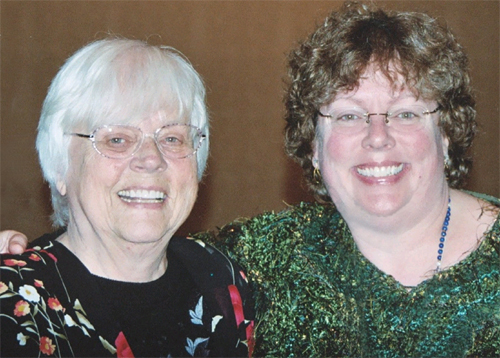
|
|
||||
(from Storytelling Magazine) – Quantitative Studies * Innovative Projects
by Jackie Baldwin and Kate Dudding
First, we must confess a strong bias. We believe that storytelling belongs in every school around the world, and we want to encourage and support that goal. Here’s how we went about it with our project, Storytelling in Schools.
As pressures build in schools for national testing, reporting and accountability, many people feel storytelling can be eliminated in schools. However, we knew that there were many quantitative studies documenting the methods and effectiveness of using stories and storytelling techniques in traditional classrooms to help teach the standard curriculum. But these studies were not Read the rest of this entry »
 |
|
||||
Dianne de Las Casas writes…
My whole life has been a safari (Swahili word for “journey”) of stories. The power of stories permeated and impacted my life so strongly that, at an early age, I knew I wanted to share stories with the world. It became my life’s dream, which I am realizing today through storytelling and writing books.
Because books, reading, and telling stories are such an important part of my family’s life, I am always saddened to watch the declining literacy rate in America’s school children. Nearly 2/3 of elementary age children read 2 grade levels below their expected reading level. Why is this happening?
Many of today’s families are not “storied” families. Stories are not a daily part of life they are not shared at the “campfire” – the dinner table (many families don’t even eat at the dinner table together anymore). There are a vast amount of children who do not have a basic foundation of nursery rhymes and folktales. Imagine my surprise when I learned that my 6 year old niece never heard of Rapunzel because Rapunzel wasn’t a “Disney Princess!”
In addition, few teachers have time to spend doing something “fun” like storytelling. There are standards and benchmarks to meet as well as tests to administer. Many educators do not understand the value of storytelling and how storytelling is an integral part of literacy in the home and the classroom.
Of course, pop culture also plays a role. Stories are pre-fabricated for our children in the form of television shows, movies, and computer and video games, leaving little room for Read the rest of this entry »
Fill out the form and press play to hear storyteller the Margaret Read MacDonald discuss Telling Across Language Barriers on the Art of Storytelling with Brother Wolf.
Margaret Read MacDonald writes…
In 1994 one day the phone on my desk at the Bothell Library rang. A professor from Drew University was on the line. “Dr. Wajuppa Tossa would like you to call her in Thailand right away,” he said. “She wants you to come over there as a Fulbright Scholar.” I hung up and sat stunned. A Fulbright Scholar. To Thailand? Could I do that? I had a fulltime job as a children’s librarian. But maybe; I dialed the Thailand number right away to find out more. A very drowsy Dr. Wajuppa roused herself from her 3 am sleep to answer. First problem with communicating across language barriers? Get your time zones right!
It was in fact possible for me to go off to Thailand. The Fulbright program did accept me and the King County Library System gave me a sabbatical. So I arrived at the Read the rest of this entry »
 |
|
||||
Stephen Hollen writes….
Improvisational storytelling is a teaching tool that is a cross between storytelling that I have been doing for years and improv techniques I learned in my college days. Instead of aiming at oral tradition, it goes into the creative writing classroom to put “meat” on the three “Ps” – Person, Place and Problem plus one “P” of my own – Props.
By using these 4 “Ps” I help children in 3rd-5th grade unlock their creativity and develop the basics of Read the rest of this entry »
